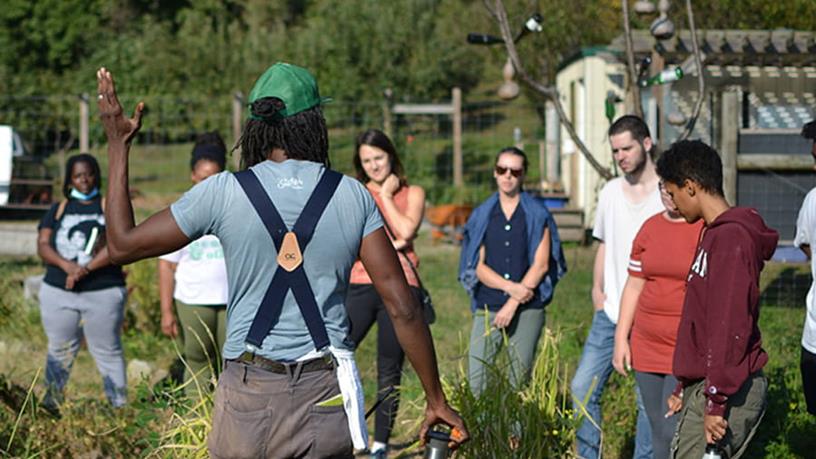Climate Hub Grant Program
Supported by the Waverly Street Foundation, the Environmental Collaboratory's Climate Hub Grant Program supports ideation and collaboration around project ideas aimed at strengthening Drexel’s commitment to sustainability and climate resilience, creating new connections across academic and administrative units, and incorporating community knowledge and expertise with the potential to scale at levels meaningful to Drexel’s 2030 Strategic Plan.
The Environmental Collaboratory is pleased to support the formation of four collaborative teams of faculty, students and staff in support of research, creative and scholastic endeavors that will further catalyze Drexel’s Areas of Excellence & Opportunity (AEOs) in Sustainability and Climate Resilience. The Climate Hub Grant Program was shaped by the input and experience of over 45 faculty, students and staff who submitted ideas, convened to identify areas of overlap and synergy, and ultimately formed collaborative teams to advance meaningful projects. We are pleased to support the following teams with funding with to continue to develop their projects through the 2024-2025 academic year and beyond.
